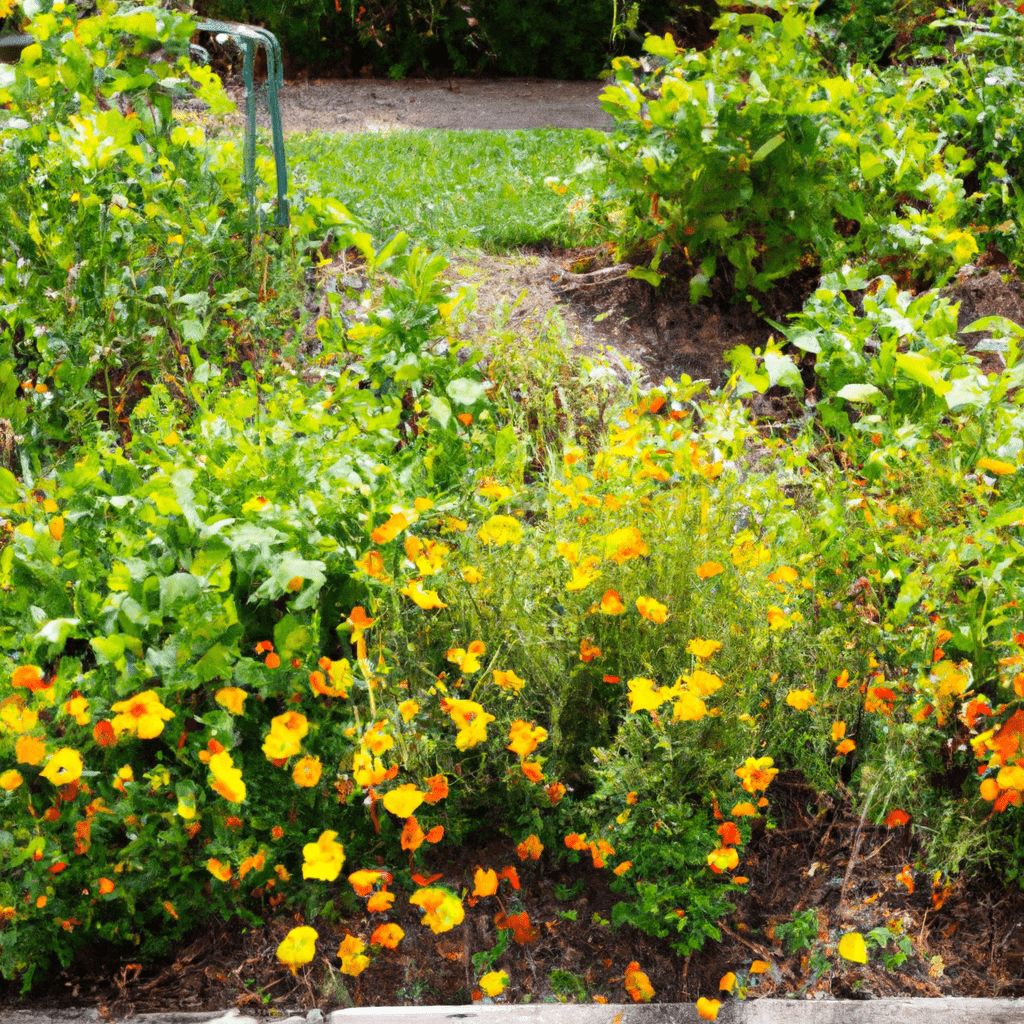
Weeds are an incessant nuisance that can plague our gardens, lawns, and landscapes. These unwanted plants not only detract from the beauty of our outdoor spaces but also compete with our desired plants for essential resources such as water, sunlight, and nutrients. Traditional weed control methods often rely on the use of harmful chemicals that can have adverse effects on our health and the environment. However, there are natural and effective alternatives that can help us say goodbye to weeds without compromising our well-being or the planet. In this comprehensive guide, we will explore a variety of natural weed control methods, empowering you to reclaim your outdoor spaces and enjoy weed-free surroundings.
Understanding Weeds and Their Impact
Before diving into the natural weed control methods, it’s important to understand the nature of weeds and the problems they pose. Weeds are plants that grow vigorously and compete with cultivated plants for resources. They can quickly take over an area, outcompeting our desired plants and hindering their growth. Weeds not only detract from the aesthetic appeal of our gardens but can also impact the health and productivity of our crops. By understanding the characteristics and growth patterns of different weed species, we can effectively combat their presence.
Manual Weed Removal: A Hands-On Approach
One of the simplest and most effective ways to control weeds is through manual removal. This hands-on approach involves physically pulling or digging out the weeds from the ground. It may require some effort, but it is a highly targeted method that allows for precise weed eradication. When manually removing weeds, it is essential to grasp the weed as close to the base as possible and gently pull upward, ensuring that the entire root system is removed. This prevents regrowth and ensures long-term weed control.
Mulching: Nature’s Weed Barrier
Mulching is a natural and effective method of weed control that utilizes organic materials, such as wood chips, straw, or compost, to create a protective barrier over the soil. This barrier helps prevent weed seeds from germinating and emerging from the ground. Additionally, mulch conserves soil moisture, regulates soil temperature, and improves overall soil health. To effectively use mulch for weed control, it is important to apply a layer of mulch that is at least 2-3 inches thick, ensuring complete coverage of the soil surface.
Herbicidal Soap: A Gentle Weed Killer
For those who prefer a ready-made solution, herbicidal soap offers a natural and gentle alternative to chemical herbicides. Herbicidal soap works by penetrating the waxy layer on the weed’s leaves, causing dehydration and ultimately leading to its demise. This method is particularly effective on young and tender weeds. When using herbicidal soap, it is important to follow the instructions carefully and apply it directly to the weed’s foliage. It’s crucial to avoid spraying on desirable plants as it may cause harm.
Vinegar: The Kitchen Staple That Fights Weeds
The humble vinegar found in most kitchens can also be a powerful weapon against weeds. The acetic acid present in vinegar acts as a herbicide, effectively killing weeds upon contact. To use vinegar as a weed killer, fill a spray bottle with undiluted white vinegar and directly spray it on the leaves of the weeds, ensuring thorough coverage. It’s important to note that vinegar can also harm desirable plants, so it should be used with caution and only on the weeds themselves.
Boiling Water: A Simple and Effective Weed Control Method
A simple household item like boiling water can be surprisingly effective at controlling weeds. Boiling water works by scalding and damaging the cellular structure of the weeds, leading to their demise. This method is particularly useful for weeds growing in cracks or between paving stones. To use boiling water as a weed control method, carefully pour it directly onto the weeds, ensuring that the hot water comes into contact with all parts of the plant. Exercise caution to avoid any splashing or burns.
Organic Herbicides: Nature’s Powerful Allies
If you prefer a store-bought organic solution, there are several natural herbicides available that can effectively control weeds without the use of harmful chemicals. These herbicides often contain ingredients such as citric acid, clove oil, or corn gluten meal, which target the weeds’ growth and effectively inhibit their development. When using organic herbicides, it is important to carefully follow the instructions provided and apply them directly to the weeds, avoiding contact with desirable plants.
Conclusion
Weeds may seem like an insurmountable challenge, but with the right approach, we can regain control over our outdoor spaces. By utilizing natural and effective weed control methods such as manual removal, mulching, herbicidal soap, vinegar, boiling water, and organic herbicides, we can say goodbye to weeds without compromising our well-being or the environment. These methods not only provide long-lasting weed control but also contribute to the overall health and beauty of our gardens and landscapes. So, embrace these natural alternatives and reclaim your outdoor spaces from the clutches of unwanted weeds.